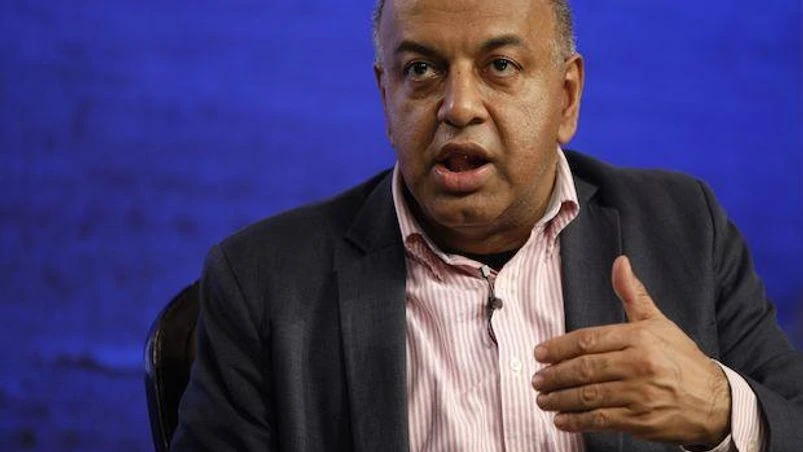 Info Edge's Sanjeev Bikhchandani on his investment plans and more
Info Edge's Sanjeev Bikhchandani on his investment plans and more
In a chat with Business Standard's Surajeet Das Gupta, Sanjeev Bikhchandani says he expect better outcomes from startups in the future driven by smart founders, new tech and more capital deployment
Surajeet Das Gupta New Delhi
)
Sanjeev Bikhchandani
Q1: Welcome to the Morning Show. Recently you have announced around Rs 370-crore investment in your subsidiaries. Can you help us understand -- many of these subsidiaries do not even have revenues -- what is the plan now with these investments?
Ans:
* The subsidiaries are vehicles to invest in different startups
* The purpose of the fund is to continue investing in startups
Q2: You have started with a Rs 750-crore fund and made many investments in the last few years. How has been the growth this far? How is the success rate?
Ans:
* Rs 750-crore fund was created two years ago
* With Zomato for 11 years and still holding
* With Policybazaar for 13 years and still holding
* It takes 3-4 years to determine if an investment is working
Q3: Which are the startup areas you are looking at?
Ans:
* Broad domains: Consumer internet, B2B, SaaS, mobile, emerging technologies like machine learning, AI, analytics, etc
* Look at 1,000 startups in a quarter before investing in two or three of them
Q4: What is the change that you see in today’s startups compared to a decade or more back?
Ans:
* Many more startups
* New technologies
* Ambitious founders
* More investors coming in
* More capital being deployed
Q5: Private equity funds usually look for an exit route within 5, 6 or 7 years. You are different by way of sticking around for a longer period…
Ans:
* Continued to invest over the years
* Indian startups need capital
* It takes a decade to build a company
* Private equities put undue pressure on a company with their 6-7-year horizon.
* 6-7-year horizon may also mean early exit by the private equity
* In India, private equities should engage with a long-term approach
Q6: If you look at the interest for IPOs among startups, and the series of big-valuation companies that announced going for IPOs, the valuation of those companies (for example Byju’s at $18.5 billion, with the expectation of Paytm), a lot of people ask if these companies are overvalued.
Ans:
* Each company is different and valued accordingly
* Investors made money in a lot of IPOs
* Some companies debut softly, like Paytm
* Valuation comes back if a company is fundamentally strong and growing
Q7: People are used to looking for profitability, on which there is no clarity for many companies. If you look at some recent IPOs, they have not given a clear picture of when they will become profitable. Is that an area of concern for investors?
Ans:
* SEBI rule for loss-making companies going public – 75% of the IPO should be allotted to institutional investors
* Institutional investors do the research thoroughly
* Institutional investors don’t go in without diligence and study
* IPOs have done well because institutional investors must be seen potential in them
* Companies often prioritise growth over profit
Watch Video
More From This Section
Don't miss the most important news and views of the day. Get them on our Telegram channel
First Published: Nov 26 2021 | 8:30 AM IST
